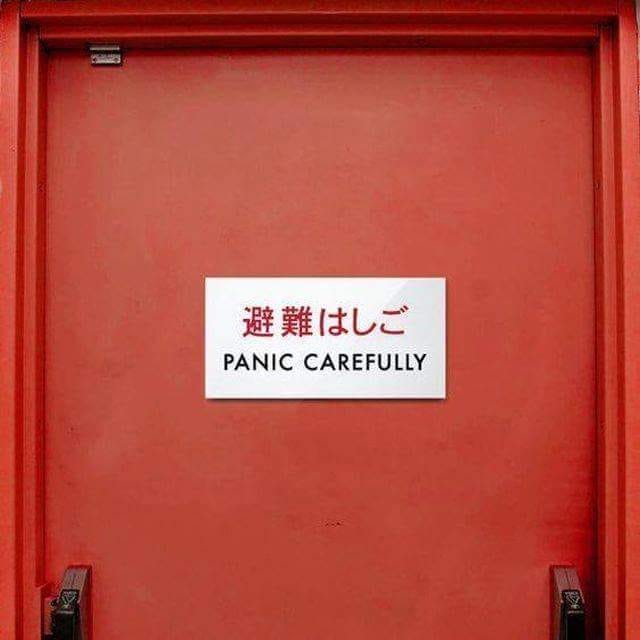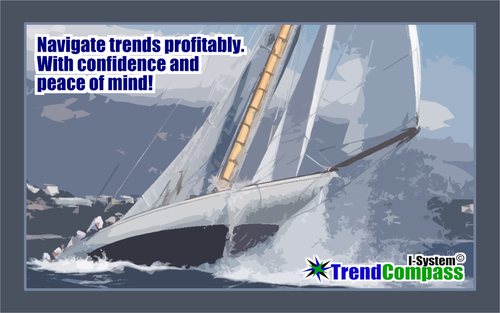YOU'll OWN NOTHING: IF YOU LET IT HAPPEN!

BY AKRAINER - MONDAY, MAY 15, 2023
Originally published at Alex Krainer's Substack
They have a plan for us, and they announced it in terms that could not be clearer: you will own nothing… With the pandemic, they set the wheels in motion, and through a wide variety of weapons - some more and some less subtle - they’ve unleashed the plunder and the looting. The pandemic brought ruin to millions of small and medium-sized businesses across the world.
In Holland and elsewhere in Europe, farmers are being expropriated under duress, ostensibly to fight climate change. In Canada, banks can now freeze people’s accounts without any due process. And inflation will gradually render everyone’s life savings and retirement accounts worthless.

The challenge could be existential!
In last week's "International Man" article, Doug Casey diagnoses the broader crisis as “the collapse of an overextended and corrupt empire,” and does what few analysts do, but which is absolutely essential for people trying to navigate the mind-boggling changes: he applies clear thinking and cuts to what is ultimately the most important challenge in the circumstances. "The real question," writes Casey, "is how to profit from the collapse…"
But the challenge of safeguarding our portfolios and preserving the purchasing power of our savings could be more important than merely squeezing a profit from the crisis: it could be existential. As Alexander Hamilton noted, “In the general course of human nature, a power over a man's subsistence amounts to a power over his will.” But the environment is now rife with risk and managing our investments is more difficult than ever.
It’s hard to see any accurate information on anything!
The events are now unfolding at such a break-neck pace and generating so much commentary, analysis, and opinions that it has become next to impossible to keep up and discern sense from nonsense, let alone distill any clear ideas from it all. As Rabobank's Michael Every pointed out in last week's (excellent) article on ZeroHedge, "It is now hard to see any accurate information on anything." He illustrates his point by listing eight major geopolitical developments and adds, with an air of exasperation: “And that’s just one day in 2023 –
NONE OF WHICH IS BEING REFLECTED IN MARKET FORECASTS ABOUT WHAT THE FUTURE LOOKS LIKE.”
Keep in mind, it is Michael Every's job to research and analyze markets in order to produce forecasts and investment ideas for his clients. He has staff armed with all the information tools and resources money can buy to support him. If it is hard for him to keep track, what chance do ordinary investors have? And the challenge is not trivial: we are not in some garden-variety crisis. As Casey said, we are witnessing the collapse of an overextended empire!
He poses the question: "Is there any way to profit from the collapse of Western civilization? That's so serious that it's almost like asking whether it's possible to profit from an asteroid hitting the earth," and adds: "Remember, most of the real wealth in the world is still going to exist; it's just going to change ownership." When the events are so mesmerizing that many observers lose sight of the forest for the tree, clear thinking can be helpful and refreshing.
Gain exposure to commodities and improve your skills as a speculator
So what's the answer to Mr. Casey's relevant question? He offers one I wholly agree with: "The best way to be hurt least, or possibly even profit within a very bad scenario, is to own gold, silver, and other commodities. And to improve your skills as a speculator." Casey is spot on here: both intuition and empirical studies show that exposure to commodity prices represents far and away the best hedge against inflation. A paper published by Alliance Bernstein quantified the inflation-hedging impact of a variety of asset classes by calculating their inflation betas.
The following chart summarizes their results:

Depending on how fast the crisis unfolds and how bad things we've been taking for granted deteriorate, profiting from the crisis is not at all a given. But even just preserving your wealth's purchasing power to a good extent could make a massive difference. When the bubble deflates, purchasing power will collapse and valuable assets will change ownership at unimaginably low prices.
For economic survivors, there’ll be an embarrassment of choice
In December 1922, when the Weimar inflation unraveled, the capitalization of the whole of the Mercedes Benz corporation was equivalent to 327 of their cars - and I am sure they must have had close to that many in the production line and around their dealerships, implying that such a jewel of a business could be picked up essentially for nothing. At the same time, 6-bedroom villas in the fashionable suburbs of Berlin were changing hands for $100! That tidbit should be taken on board by all who expect that real estate investments represent a valid inflation hedge. They don’t: when purchasing power collapses, real estate prices will collapse with it - first commercial, then residential.
For investors who manage to preserve their purchasing power in real terms, the world could look like one large embarrassment of choice. The crisis we are facing is profound but, as all crises do, this crisis too will end. And as Casey points out, even after the money dies, much of the real wealth will still be around. All this makes it worth paying attention, focusing, and seeking to improve one's skills as a speculator.
Owning gold and silver in physical form and if possible, also some farmland should be a substantial part of your portfolio allocations. Your liquid investable assets should be exposed to price trends in a diversified basket of financial and commodity futures covering metals, energy as well as agricultural commodities.
And the most important skills in speculation you should seek to acquire are:
- trend following: Markets move in trends; if you learn how to navigate trends, you can trade Crude oil and Copper as easily as the S&P 500, US T-Bonds, Coffee, Silver, or any other market. Trend following could indeed prove to be your best defense against the cabal’s dark monetary arts.
- discipline
- patience
While we can help with the first of three in the form of one of the best daily trend-following newsletters, the discipline and patience part must be yours to cultivate, and I can’t even begin to overstate their importance.
Alex Krainer – @NakedHedgie is the creator of I-System Trend Following and publisher of daily TrendCompass reports which cover over 200 financial and commodities markets. For US investors, we propose a trend-driven inflation/recession resilient portfolio covering a basket of 30+ financial and commodities markets. For more information, you can drop me a comment or an email to xela.reniark@gmail.com

Contributor posts published on Zero Hedge do not necessarily represent the views and opinions of Zero Hedge and are not selected, edited, or screened by Zero Hedge editors.

